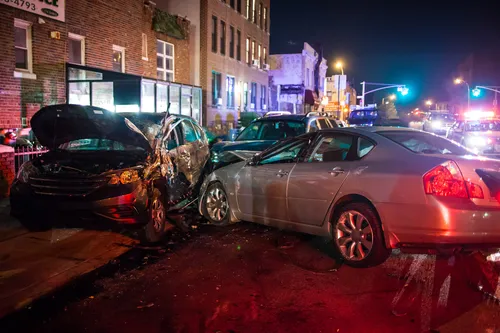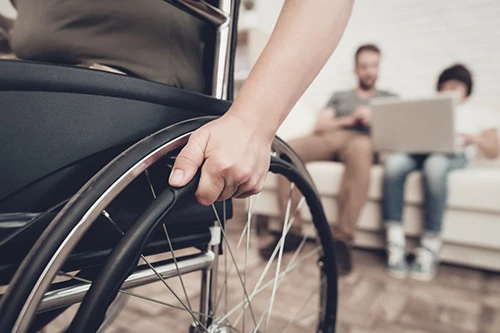Car accidents are unfortunately a common occurrence. According to The Wandering RV, 6 million car accidents occur every year. This year, you may be involved in at least one of these 6 million accidents. If this is your first accident, you may not be aware that you should file a police report as soon as possible. After all, this report serves as a vital document in your personal injury case.
Once the report is filed, be sure to request a copy of the police report. However, be aware that errors can be discovered throughout the report. Fortunately, these errors can be amended, of which you’ll find out how below.
What is a police report?
A police report is a document that is usually first requested by the auto insurance adjuster. The police report, generated by the police officer, contains information such as:
- All details regarding your accident, including the time of day, the date, location, weather, and more.
- The contact information of all drivers involved in the accident as well as the contact information of all witnesses.
- All witness and driver statements.
- Photos of the accident, including damages to property, bodies, and vehicles.
- Any diagrams that would paint a clearer picture of the accident.
- Documentation of any injuries incurred.
- Officer’s statement and any citations for the drivers involved.
Reasons why mistakes occur in the police report
Mistakes happen. They are rare, but they do happen. The following are just a couple of reasons why mistakes occur in police reports:
The officer failed to be objectively accurate. It’s easy to make mistakes, especially when there is conflicting information. For instance, several witnesses may have different accounts of the accident that occurred, and there is little physical evidence to rely on. Factual errors may happen in this case. For instance, the make and model of the vehicles involved in the accident may be mischaracterized.
There may be disputes that lead to conflicting accounts. A dispute may occur among both parties and witnesses, causing inconsistencies in their statements and causing errors. Unlike factual errors, these errors are more difficult to correct and may require the input of a personal injury attorney.
How to correct the police report
Politeness goes a long way. You need to kindly approach the police officer that handled your report when you try to convince them to fix the error in the report.
Act as soon as you find any errors. Do not wait to request the police report. Instead, obtain a copy as soon as it’s available. If you find an error, contact the police officer ASAP.
Provide any documentation that would help with the correction. This particularly helps with any factual errors. Provide any type of physical proof in order to convince the officer to correct the error. For instance, if the damage done to the vehicle was incorrectly reported, then you can submit photos of the damage done to the vehicle. If the make and model of your vehicle are incorrect in the report, then you can submit your vehicle’s registration papers.
Consider providing any medical records. If you’ve been injured but you’ve been reported as having no injuries, then you’ll need to provide proof that you were injured in your car accident. Medical records would serve as proof.
Draft your own statement. If the officer refuses to correct anything in the report, you could instead ask to attach your own written statement to the report. Your written statement would include your personal account of the accident, but just the facts. Include additional documentation such as diagrams and photos to help your case. Unfortunately, the officer doesn’t have to attach the statement to their report.
Consult an experienced personal injury attorney
If there are errors other than factual that needs to be corrected, you’ll want to speak with a personal injury attorney and ask them to contact the police. The personal injury attorney may have a greater chance at convincing the officer to correct the report or at least help you write a strong statement as an attachment. This way, you will have ample, significant evidence that will later help your claim.

